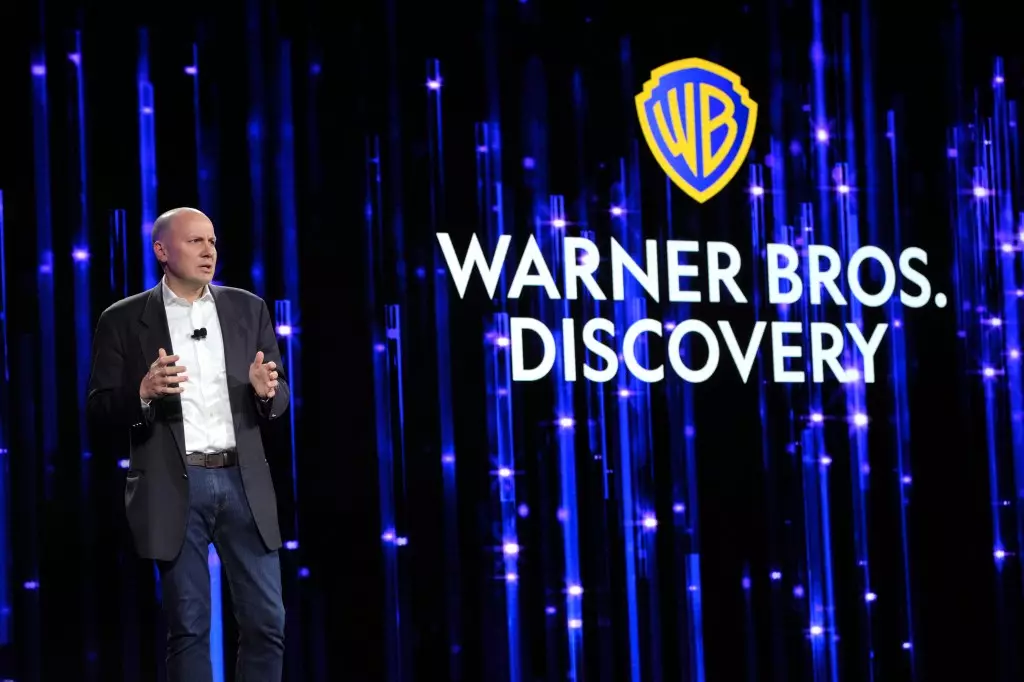As Warner Bros. Discovery (WBD) prepares to expand its streaming service Max into international markets such as the UK, Germany, and Italy, the current distribution strategy is under intense scrutiny. The longstanding relationship with Sky, HBO’s traditional distributor, is poised for transformation as contracts approach renewal in just over a year. With streaming services dramatically reshaping the media landscape, the exploration of new partnerships becomes paramount for companies like WBD to maintain relevance and capitalize on growth opportunities.
Potential Alliances: Amazon as a Contender
During a recent presentation at the Wells Fargo TMT Summit, JB Perrette, the CEO of streaming and games at WBD, pointed to Amazon as a potential partner for distributing HBO content in these key European markets. This marks a notable shift as companies seek innovative ways to connect with consumers amid increasing competition and changing viewer habits. Amazon’s growing influence and ambition in the streaming realm cannot be overstated; the platform represents an immense opportunity to reach a wider audience eager for quality content.
Sky’s existing arrangement to carry HBO content is indicative of the broader struggles traditional distributors face today. Historically, HBO has thrived within the pay-TV ecosystem, but the advent of streaming has shifted this paradigm. The surge of direct-to-consumer (DTC) models has compelled WBD to reassess how it offers its content. Substantial changes are required not only to adapt to this model but also to effectively manage subscriber acquisition and retention—areas in which traditional distributors like Sky have previously excelled.
Perrette remarked on the lessons learned from launching Max in various global territories, emphasizing that WBD has been successful in juggling both DTC presence and partnerships. This dual approach seems prudent, given the imperative to leverage existing distribution channels while simultaneously fostering direct relationships with consumers. The value of Sky’s large subscriber base is evident, and it remains critical to HBO’s strategy. Perrette emphasized that the need to outright sever ties with Sky to pursue a direct-to-consumer approach is no longer a foregone conclusion.
WBD’s future relationship with Sky and other distributors will likely hinge on their collaborative efforts to engage audiences effectively. Perrette’s commentary suggested that a hybrid model may be possible, allowing HBO to maintain a presence on Sky while proliferating its DTC initiatives. As discussions unfold, WBD must carefully evaluate market dynamics, consumer preferences, and competitive forces to forge a distribution strategy that not only keeps existing fans engaged but also attracts new subscribers.
In a market characterized by rapid change and fierce competition, success will depend on WBD’s ability to adapt swiftly and innovate in response to shifting viewer expectations. Time will ultimately reveal the most effective path forward for HBO as it navigates the complexities of a burgeoning streaming landscape amid evolving partnership frameworks.

Leave a Reply